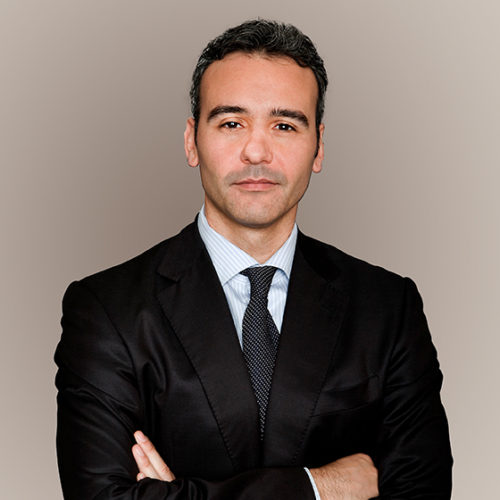Their intention was none other than to artificially divert their professional income in order to pay a lower rate of tax – 25% Corporate Income Tax – as opposed to the maximum Personal Income Tax rate which, depending on the Autonomous Region, can range from 45% to 52%.
Thus, the tax authorities have been investigating any set-up in which there is a lack of genuine involvement of the company due to the absence of adequate material or human resources (i.e. a simulation), as well as the deduction of personal expenses or the use of company assets without adequate contractual support. It is important to consider that the services in question are of a highly personal nature – intuitu personae – i.e. the shareholder’s intervention is essential. For instance, numerous tax audits have been conducted of artists, journalists, lawyers, architects and others.
While this must be considered on a case-by-case basis, we generally concur with the AEAT’s actions, which have been upheld on numerous occasions by case law. However, we would like to draw attention to a practice that we consider to be highly problematic: the tax authorities are also investigating companies that engage in commercial activities – not as consultants or service providers -, even in cases where these companies have only one employee. As a result, commercial companies (agencies, representatives, commission agents, e-commerce dealers, etc.), in which the shareholder plays a preponderant role in the activity, come under the Inspectorate’s scrutiny. Not to mention sole proprietorships – regardless of their activity – in which the partner is the only person carrying out the activity.
We view this new approach by the Inspectorate, which we can observe firsthand, as a cause for concern. It could impede entrepreneurs’ ability to select an organisational structure that aligns with their business needs. Subjecting sole proprietorships and small businesses to similar scrutiny and tax criteria as larger companies could unfairly penalise them and limit their operational flexibility. This has the potential to affect not only competitiveness, but also to discourage entrepreneurship and innovation.
It is therefore strongly recommended that sole proprietorships or single-employee companies review their corporate organisation, as in the event of a tax audit, the shareholder could be liable for tax on all of their company’s income. Furthermore, significant penalties may be imposed.
